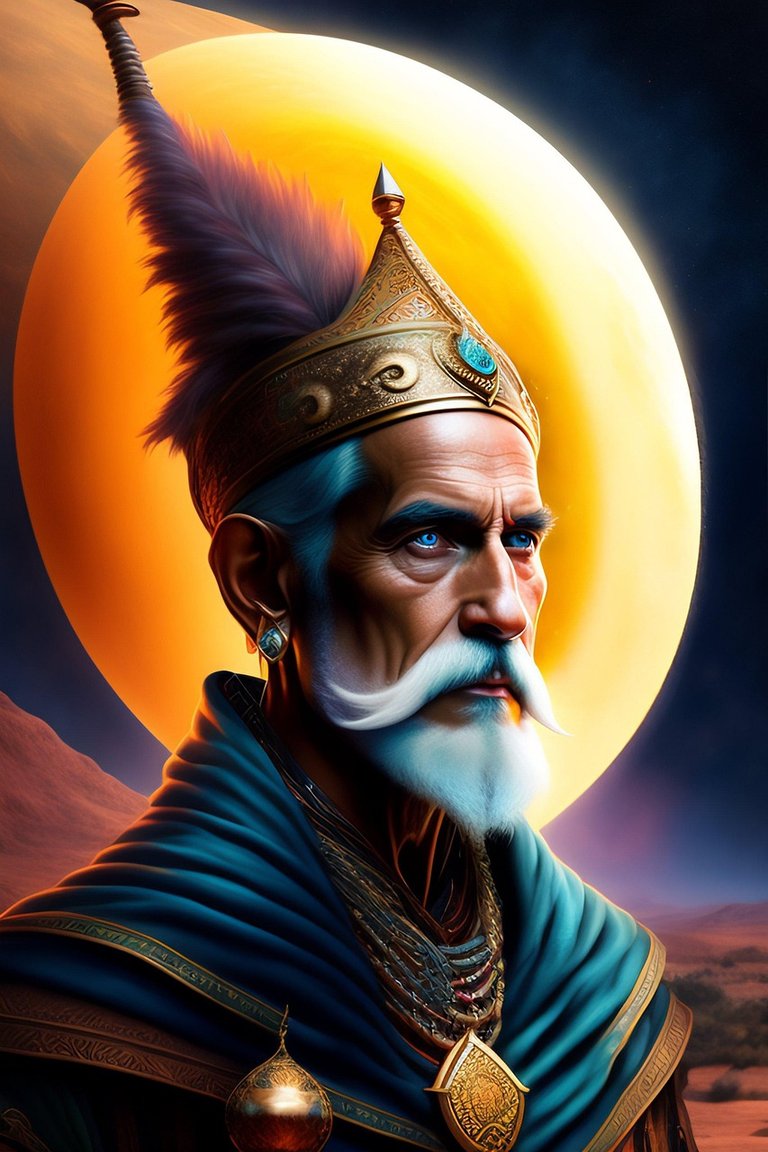Once, in the vast kingdom of Delmarva, ruled a man named King Cole. His name echoed through every village and town—not with reverence, but with fear. King Cole was not only heartless, he was proud of it. Where other rulers sought wisdom, he sought control. Where others gave mercy, he gave punishment. His throne was built on the broken backs of his people, his crown polished by their tears.
He banned music, laughter, and festivals. “Joy is weakness,” he declared, watching from his cold stone castle as his people toiled day and night. He taxed the poor until they starved, imprisoned those who cried in public, and burned books that spoke of hope.
But pride, as it always does, planted the seeds of his downfall.
One day, a poor but clever jester named Finn arrived at the castle gates. His clothes were patched, his shoes worn, but his wit was sharp. He asked the guards to let him perform for the king. Curious, King Cole allowed it, expecting another fool to mock and dismiss.
Finn stood before the court, bowed low, and began his tale—not with tricks or juggling, but with a story.
“There once was a mighty king,” Finn began, “who feared joy so much, he locked it away. He mistook silence for order, and fear for respect. But one day, a bird sang from his window and all the kingdom stopped to listen. The people smiled. The king ordered the bird shot. But it sang louder. Because joy, Your Majesty”—Finn paused—“is not weakness. It is rebellion.”
The court fell into stunned silence. But Finn wasn’t done.
He looked King Cole straight in the eye and said, “What power does a king have, if his name is spoken only in hatred? What legacy remains, if his people pray not for his life, but for his fall?”
The king, red with fury, ordered Finn thrown into the dungeon. But the words had already been spoken. And words, like seeds, grow.
That night, the court whispered. The next day, servants smirked behind the king’s back. Within a week, jokes about “King Cold” spread across the kingdom. Plays were acted in secret. Songs were sung in alleyways. Laughter, once forbidden, became an act of protest.
Eventually, the people rose. Not with swords, but with scorn. They mocked his laws, refused his taxes, danced in the streets he once ruled. His guards joined them. His advisors fled.
King Cole, once feared, now stood alone in his cold throne room, surrounded not by armies—but by echoes of laughter.
He fled into the woods, never to be seen again.
And Delmarva? It bloomed. Joy returned. A new ruler, chosen by the people, rebuilt the land not with chains, but with compassion.
And the story of the heartless king who was defeated by laughter became a lesson whispered through generations
